NSW Demons Legends Dinner – Noel McMahen – 2004
Michael Peters
Noel McMahen, one of the fine players of Melbourne’s greatest era, has died aged 95. Demon supporters in Sydney will remember Noel for his visit to us in 2004, when he spoke to us in the Sydney Cricket Ground Members Dining Room.
Noel played 175 games with Melbourne from 1946 to 1956. This included membership of the Melbourne Premiership teams of 1948, 1955 and 1956. Noel was a Victorian State representative in 1952 and 1954. He was Melbourne Captain in 1955-56.
Noel was a magnificent Melbourne back man, who repeatedly drove Melbourne into attack from the back line after fierce tackles and with long driving kicks, I had the good fortune of seeing Noel and the team win the 1948 premiership, one would have to say in part because of Essendon’s woeful kicking for goal (7 goals 27) in the first drawn Grand Final; Melbourne comfortably won the replayed Grand Final against the favourite Essendon.
Noel McMahen’s fierce tackling is best exemplified by the his famous “shirt front” tackle of the Collingwood champion Bob Rose in the 1955 Grand Final, which remains one of the best-remembered tackles in the history of the. Game.
Noel was named in the Melbourne Team of the Century in 2001 on the. Half Back Flank. He will be remembered always as one of our All Time Greats
Vale Noel McMahen: from Mordialloc boy to a Melbourne Immortal
Nigel Dawe
GREATNESS, in a game like Australian Football, or more specifically at a club like the Melbourne Demons (the world’s oldest football club) resides not in the retrievability or conciseness of mere statistical facts; in spiffy, well-worded player bios or tables of match possession tallies and totals.
If it did, history would recall the number 35 wearing Noel McMahen as simply the 667th player to appear for the Melbourne Demons in the post-1897/ VFL era; or merely the man to have played the 32nd most games for the club with a tally of 175 between 1946 and 1956.
Even the dictionary definition of Greatness: “the quality of being extremely good in ability or quality and therefore admired by many people” doesn’t really come all that closer to capturing the essence or mercurial quintessence of what true greatness means.
‘Bulldozer’ as Noel McMahen – the feared halfback flanker (and future club hall of famer) was affectionately known, weighing in at 86kg and 184cm as a player, became one of the most revered heart and soul figures to embody and iridescently bleed red and blue, the club has ever seen.
Perhaps the most famous of all snapshots of McMahen is drawn from the opening stages of the 1955 Grand Final. The second of seven-straight Grand Finals the club would appear in; and the first they would win of the overall five premierships from this era. In his first year as club captain, Noel flattened – in fair but brutal shirtfront fashion the magpie star and playmaker Bob Rose, it resulted in a free kick and the first goal of the game. But it also set the tone for a win that went on to forge not just success that day, but the sport’s greatest dynasty, lasting the best part of a decade.
Ironically, it is often not the gleaming periods of success that define or shed the truest light on someone’s career or mettle, but the dark moments of defeat and struggle – dealt with and then surmounted, that tell a tale that can’t be gleaned from amidst the halcyon glare of ultimate triumph and victory.
What makes McMahen special, from a club stalwart perspective is not just the premiership successes he enjoyed (the first as a fresh-faced newbie in 1948) but also the barren seasons he endured in between, where wins were few and the hardships many. One such season was that of 1951 – Melbourne notched just the one solitary win to finish last by a full three games. But it was a year McMahen finished with a club best and fairest, gaining mileage for the rest of his life: “This pretty much meant I was actually the competition’s ‘worst and the dirtiest’, seeing our team were playing so poorly.”
The self-effacement aside, who could ever hope to lead a team in the AFL to premiership glory (as McMahen did) twice in the only two seasons they were made team captain (not to mention that second year, 1956 – an Olympic year – being considered by many as the club’s greatest ever season) is something that will surely remain an unrepeatable feat, for as long as football is played.
As the sun brightly sets on the life of Noel McMahen – a life that commenced in 1926, the very year of the Melbourne Football Club’s most famous premiership win of all, and the same year a young Ernest Hemingway appropriately released his first novel ‘The Sun Also Rises’. It would be no exaggeration to say, the game itself, not to mention the team of the red and the blue, will ever see the shining likes of a Noel McMahen again.


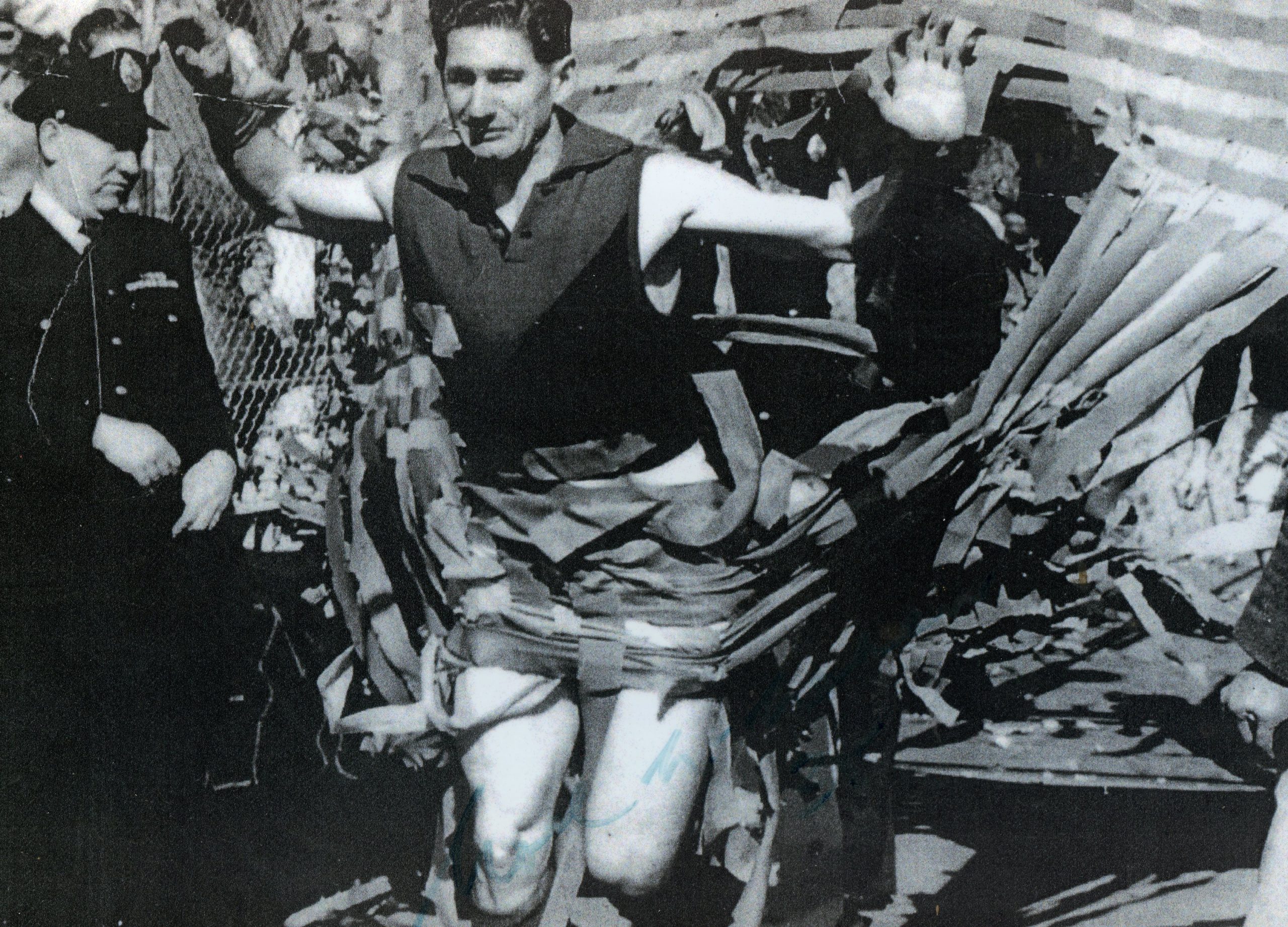
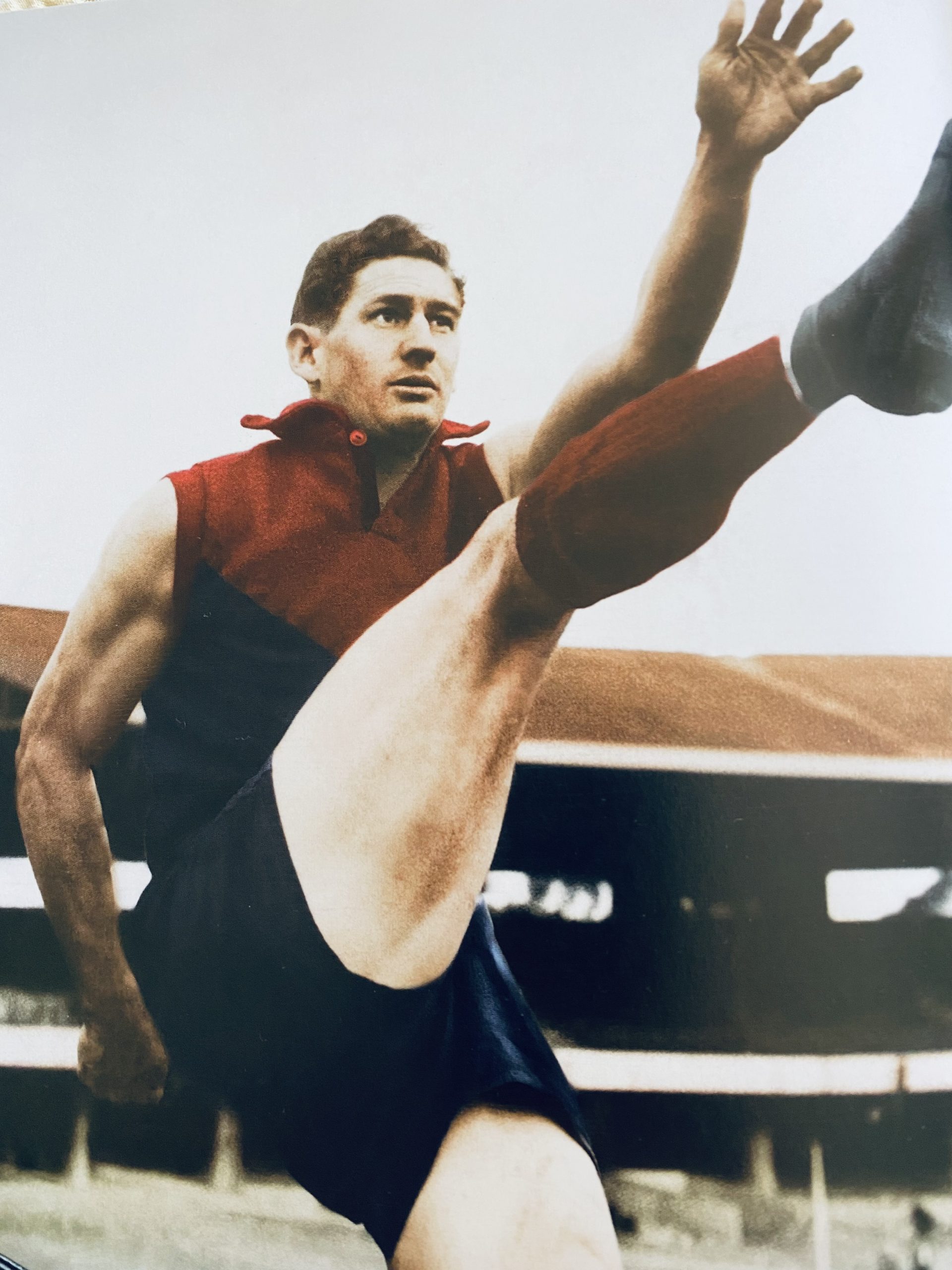
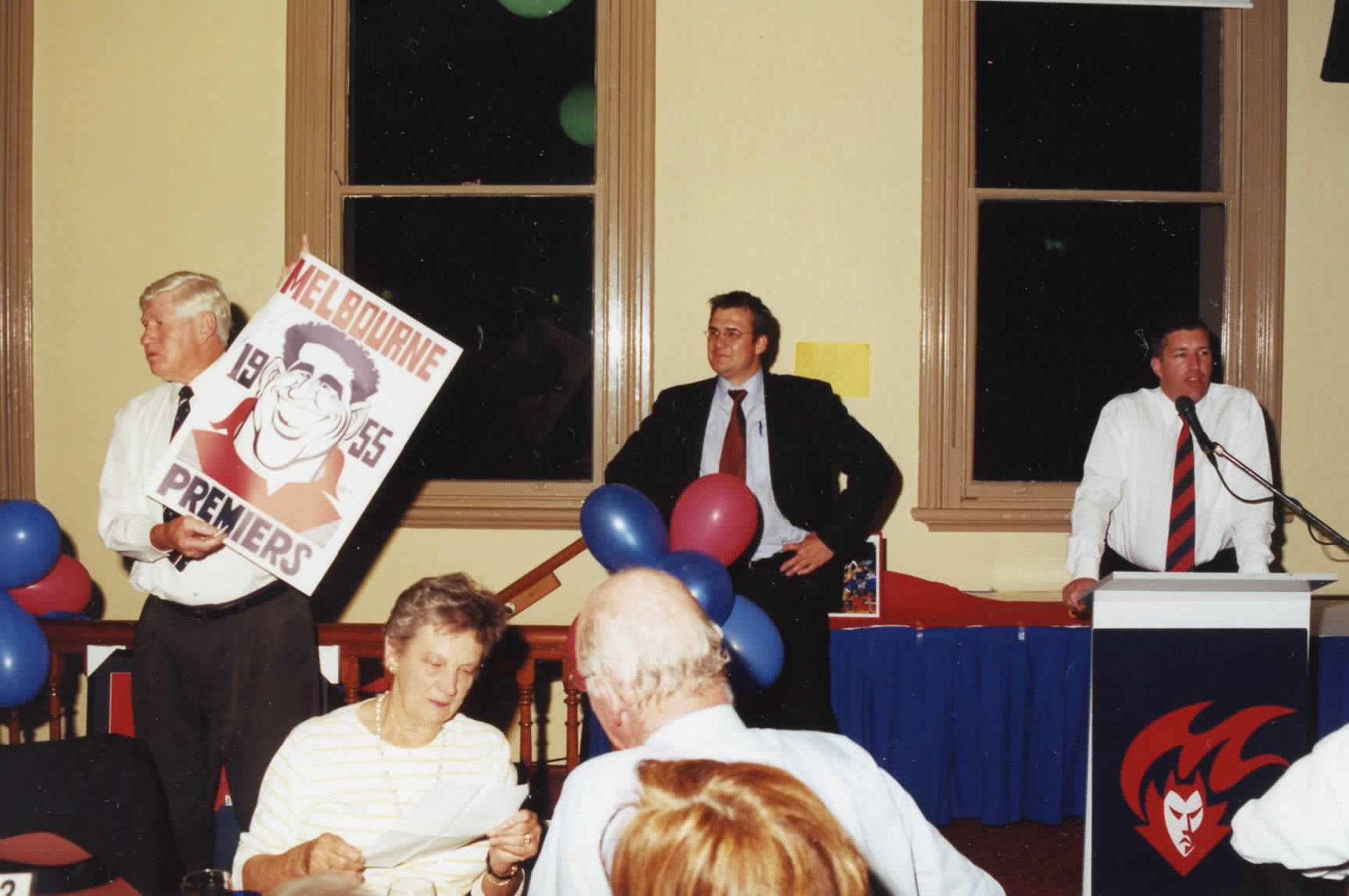
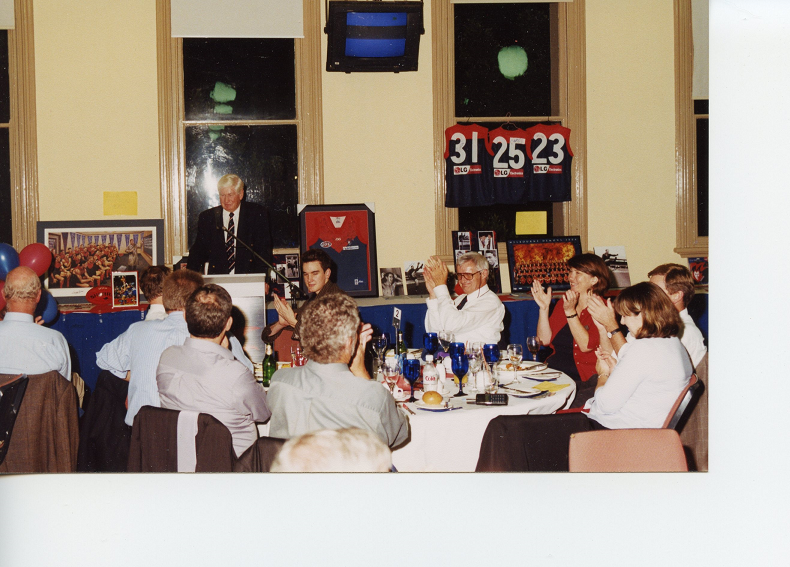
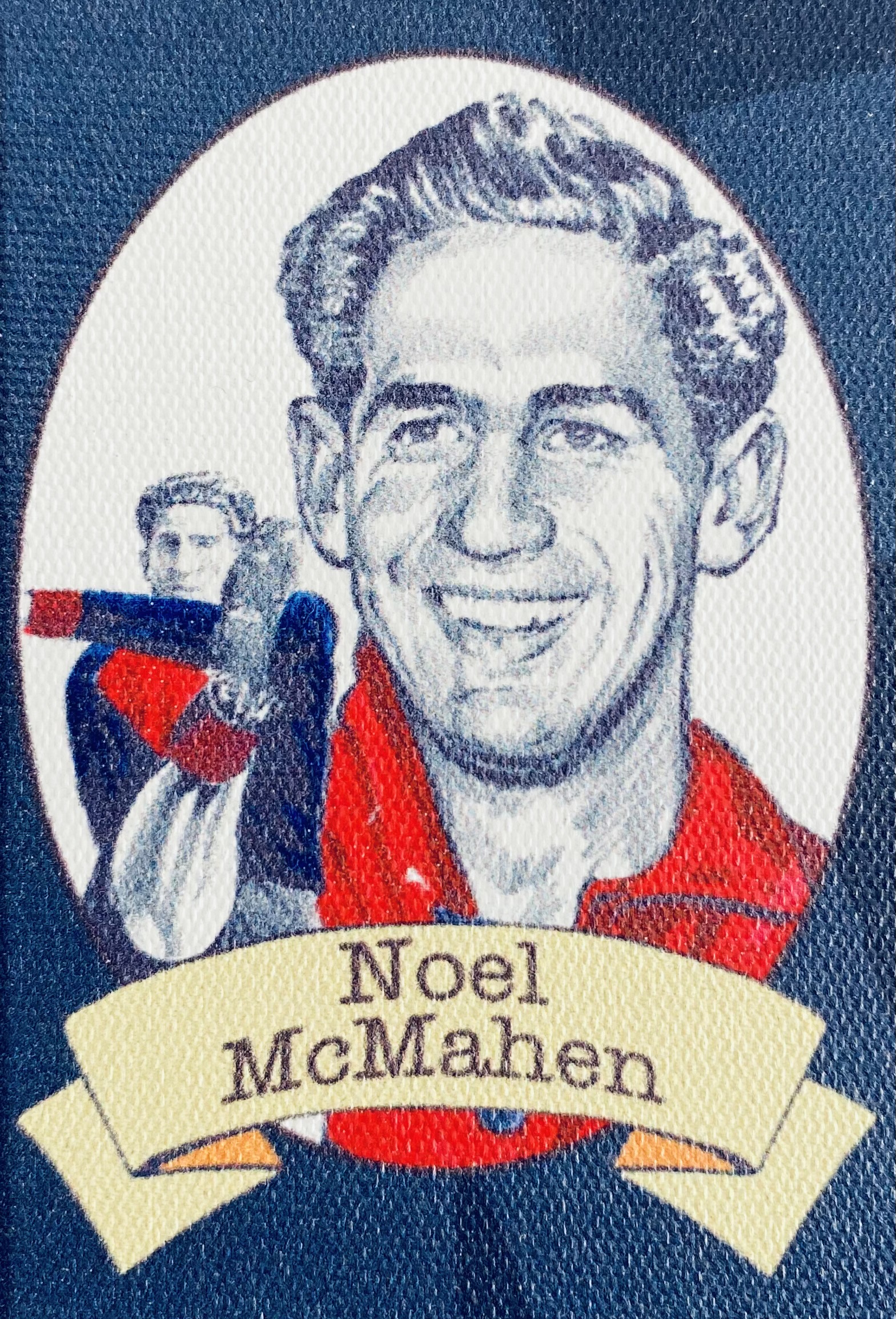
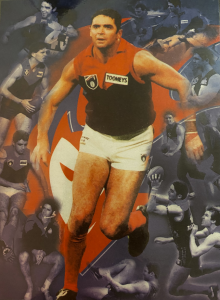
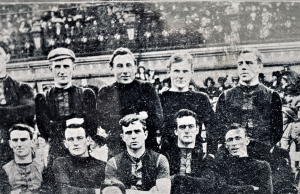
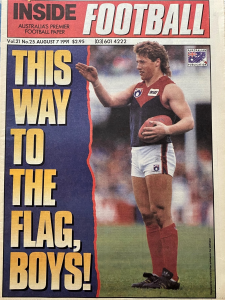
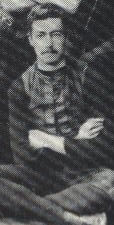
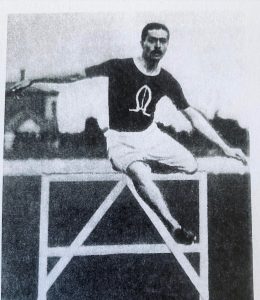

 Follow us on twitter
Follow us on twitter Join our facebook group
Join our facebook group